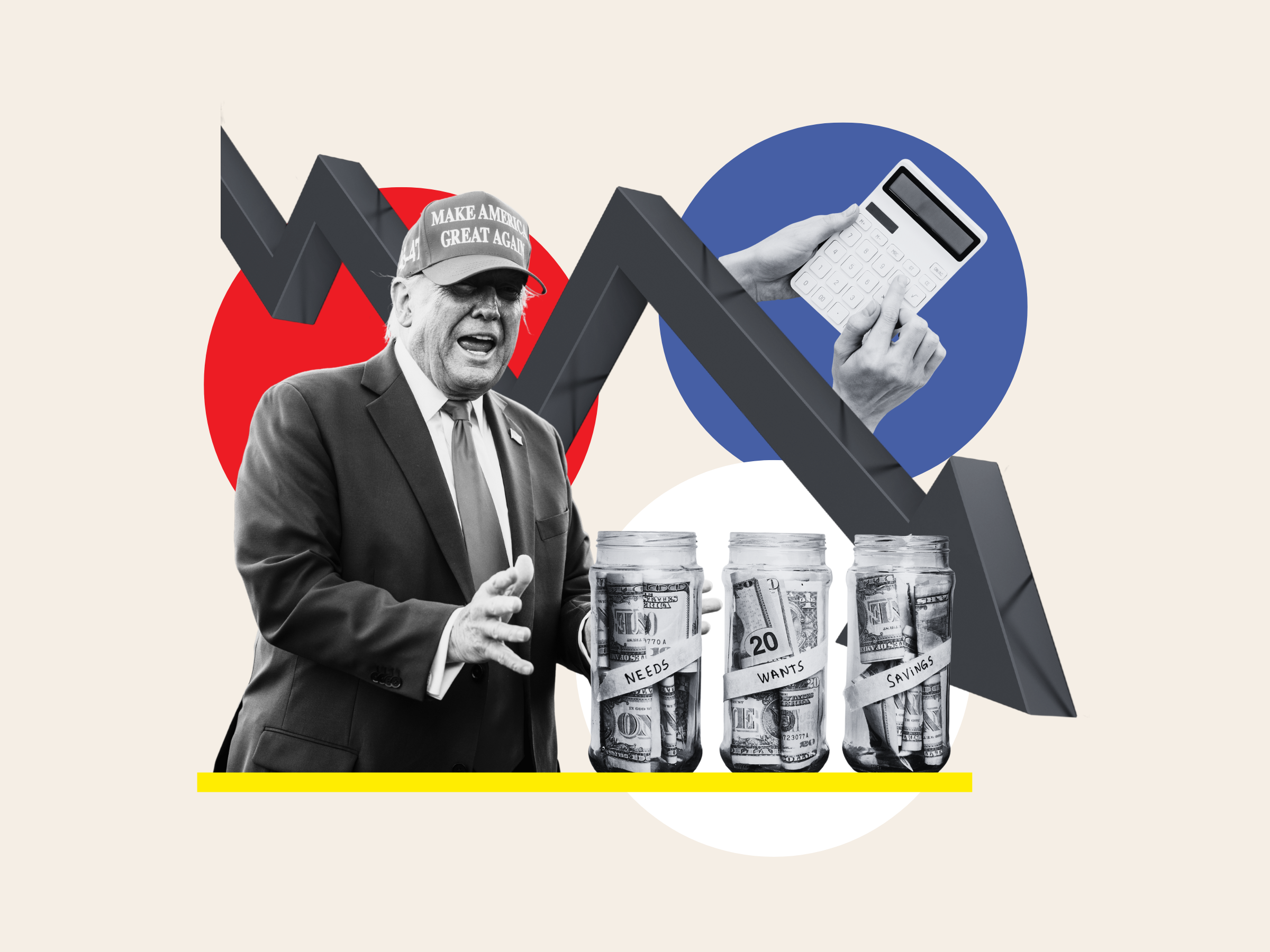How to Survive a Trump Recession: The Ultimate Guide
Some economists believe that the back-and-forth movement on tariffs, associated stock market volatility, and marked declines in consumer confidence have set the stage for a significant economic downturn in America's future."It is next to impossible for the private sector to plan ahead when there are so many policy flip-flops," David Rosenberg, founder and president of Rosenberg Research, told Newsweek. "The level of economic and political uncertainty is unprecedented."
"The risks of recession have risen quite significantly," said KPMG chief economist Diane Swonk. "We are not there yet and could see a course correction but are moving closer to the edge."
Experts largely agree that President Donald Trump's tariff policies have, at least in the short term, reduced confidence in the United States economy and among its key players.
The consensus wisdom is that minimizing expenses and avoiding risk are key to preparing for and navigating a recession.
"Recession or not, the best way to protect yourself financially is to live on less than you make, get out of debt (and stay out), and save three to six months of expenses for emergencies," personal finance expert George Kamel previously told Newsweek.
Regarding investments, Rosenberg said that individuals "immediately be cashing in on their winnings from the stock market these past few years and shift to areas that prove to be reliable refuges in troubled times."
He cited gold, silver and "high-quality bonds" as reliable refuges in times of economic uncertainty.
In terms of where to invest, he added that there were "alluring opportunities" in foreign markets, such as in Europe and Asia, where "valuations are far less expensive" than the U.S.
"Canada, with its super-cheap currency and near-record cheap [price-to-earnings] multiples relative to the S&P 500, should probably also be on the radar screen for American investors," he added.

How to survive a Trump recession: The ultimate guide
"Avoid taking on more risk," said one financial adviser, "then see where you can reduce."
